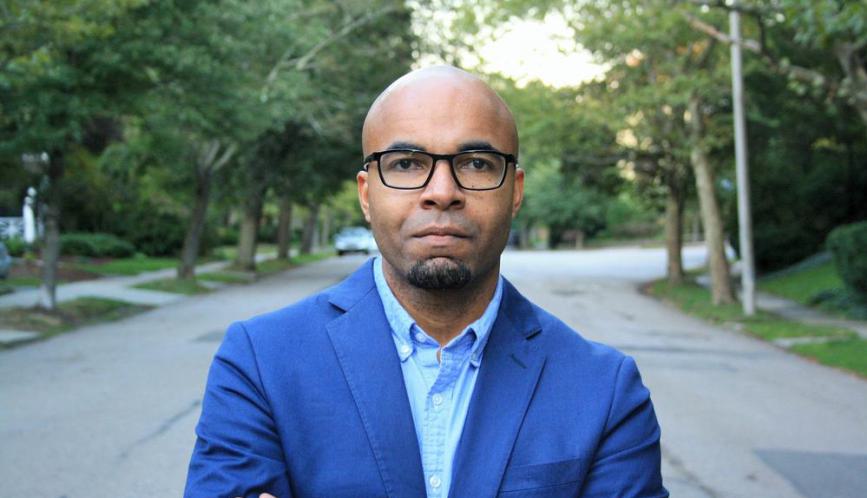Mario Luis Small is the Grafstein Family Professor of Sociology at Harvard University. An MIP network member, he was previously Dean of the Division of the Social Sciences and Professor in the Department of Sociology at the University of Chicago. Small has published books and numerous articles on urban poverty, social capital, personal networks, and the relationship between qualitative and quantitative social science methods. His most recent book, “Someone To Talk To,” to be published in fall 2017, examines how people decide whom to approach when seeking support. Small is a faculty member of HCEO’s Summer School on Socioeconomic Inequality Chicago.
Describe your area of study and how it relates to current policy discussions surrounding inequality.
For several years, I have studied how people manage the difficulties associated with poverty. The topics have varied: I have studied how children living in poor, violent neighborhoods form and maintain friendships; how mothers living in poverty are affected by the decision to enroll their children in daycare or Head Start; and how people living in depopulated neighborhoods are affected by the scarcity of commercial and other establishments. In recent years, I have studied how people make decisions about social support, as a way of capturing how they perceive risk and opportunity in their social networks.
What areas in the study of inequality are most in need of new research?
There are many important new questions to answer, assuming inequality refers not only to differences in income or wealth but also to those in access to resources, in well-being, and in economic opportunity. One is how the choices people make in response to poverty and inequality are affected by many features of their social environment, including the networks in which they are embedded, and the organizations to which they are connected. Answering this question requires studying not only people as individuals but also their neighborhoods, networks, and organizations. Network analysis and organizational analysis should be as central to the study of inequality as neighborhood analysis has become and the analysis of individual decision-making has always been.
What advice do you have for emerging scholars in your field?
Regardless of field of study, I recommend strongly that emerging scholars read broadly: in history, psychology, sociology, economics, and political science. While expertise requires specialization, real knowledge requires breadth, and understanding the causes and consequences of inequality requires the ability to comprehend not only the many dimensions of the problem but also the very different ways that different disciplines think about theory and evidence.



